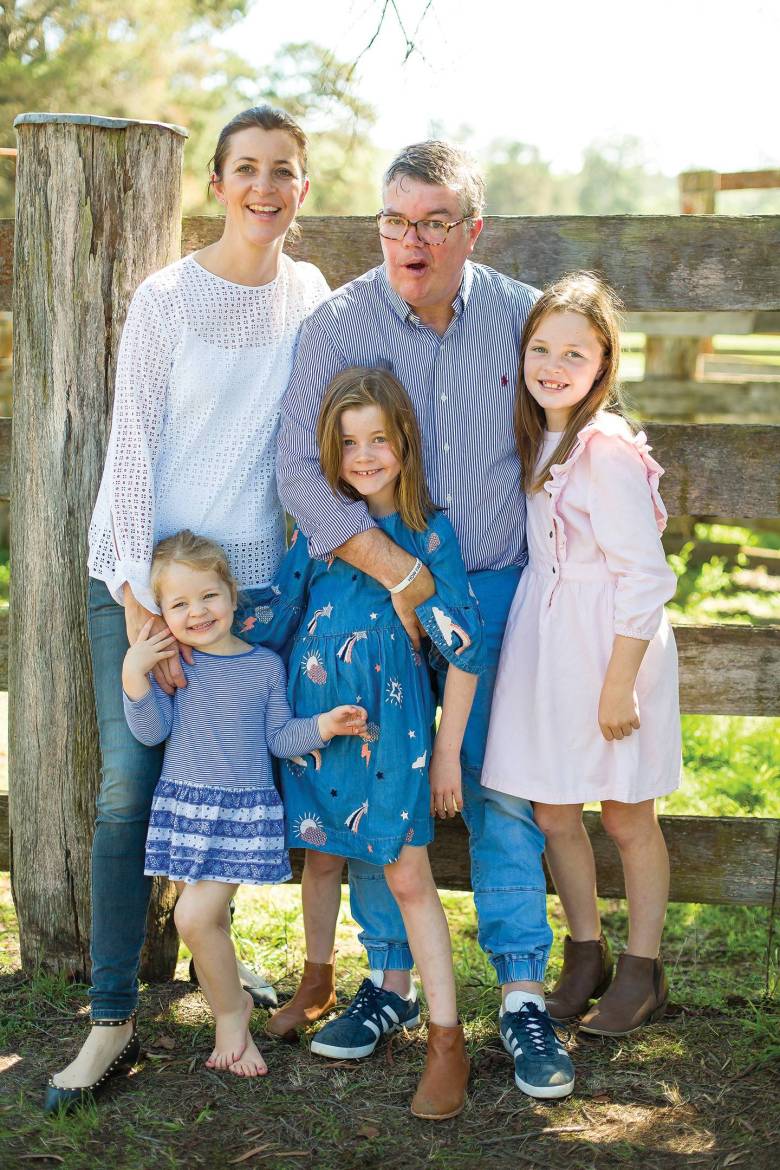The biopharmaceutical company AbbieVie took a top spot in the 2020 list for the ‘Best Place to Work. And one of the reasons for this can be found in the following story from employee Edwina Elliott. Elliott spoke to Link about her experience as a primary carer for her husband who has a disability. When her husband, James, suffered a major stroke in August 2017, her life was upended. He was fighting for life in intensive care and she had to quickly come to terms with the situation while caring for their three young daughters.
AbbVie supported Elliott by immediately providing her with carer’s leave and unpaid leave for six months. When she wanted to return to work, AbbVie allowed her to do so from home and from the hospital.
When James was discharged from hospital six months later, the family moved to Bowral in the NSW Southern Highlands to start a new life. With her husband’s mobility and independence significantly impacted, AbbVie helped to adapt Elliott’s role so that she could work completely remotely and be his primary carer. She continues to work remotely today as communications manager. There has been an improvement in James’s condition and cognitively he is fine although his speech has been affected and he has lost mobility skills. “We continue with the whole gamut of multidisciplinary treatment including physio, OT and speech therapy.
“He has a power wheelchair and a manual push wheelchair but because of his mobility using the power chair is almost impossible as he cannot access the controls and it is a work in progress. The manual wheelchair is helpful as he can push himself around but we try to walk as much as possible but that requires me to help him.” Living in a smaller community has its advantages as the tyranny of distance does not apply here.
No long drives to appointments or finding a car space.
The school has been very supportive for the girls whose lives were turned upside down and who are still adapting.
For Elliott one of the biggest challenges has been not to allow her mind to get ahead of the game and remembering to focus on the now. “Finding time to look after yourself is invaluable. For me it’s a delicate balance between home life and work life, but I would encourage others in my predicament to try and keep their brain active in whatever way they can. I encourage other workplaces to check in with their employees and find what’s important to them.
I’m living proof that true workplace flexibility can drive engagement and loyalty.” She said COVID-19 has made her reassess the family’s daily schedule and put more focus into what matters most, rather than trying to do everything. Having to add home schooling of three children to my day-to-day role as a carer, mother and employee has been an interesting time.”
Her husband has an NDIS plan but in the beginning it was overwhelming as it was necessary to upskill on the intricacies of how the plan worked and what was included.
“But three years on and I seem to have a better handle of it.”

